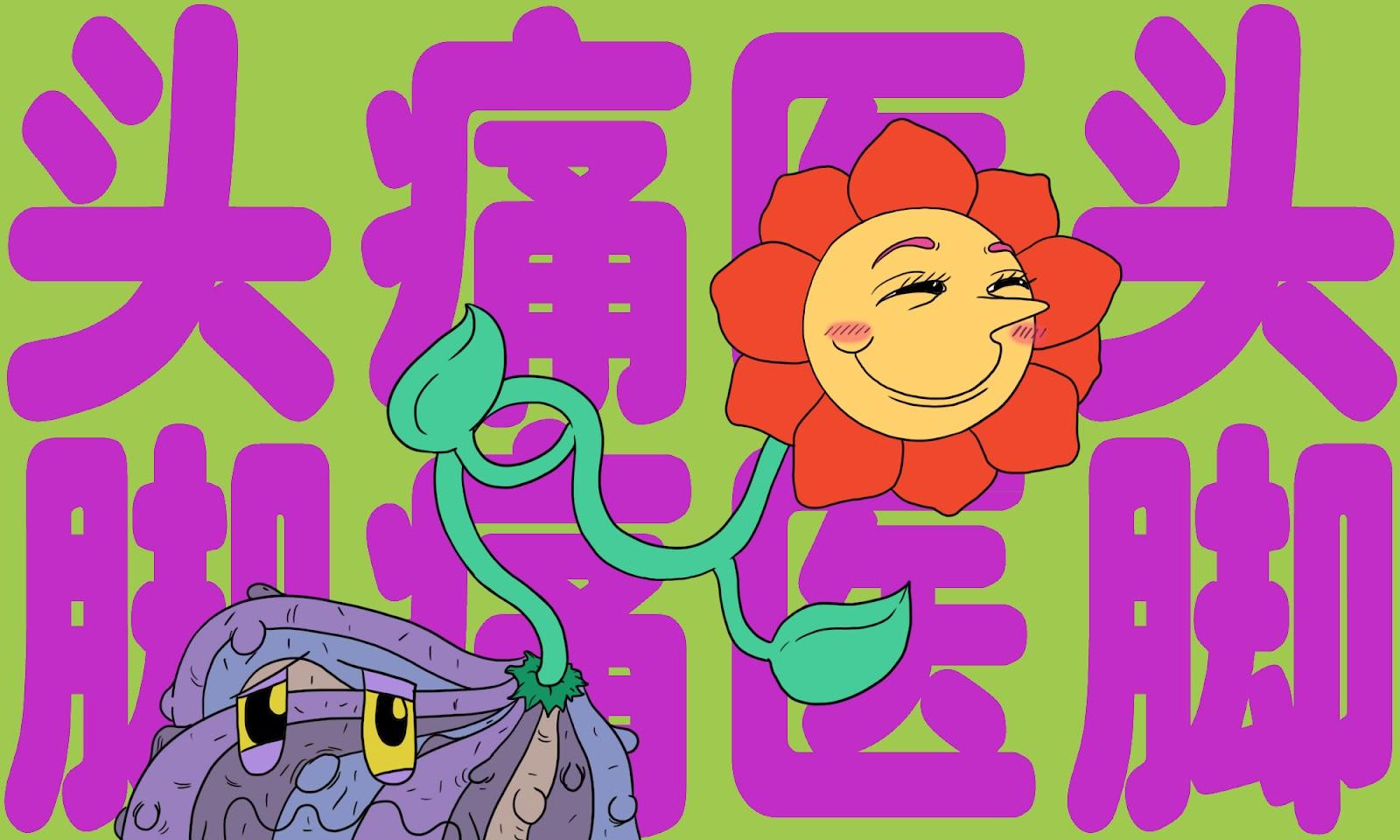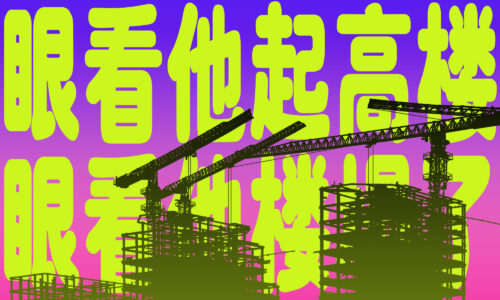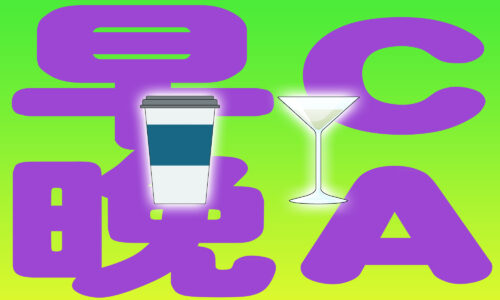Treat the symptoms but not the disease — phrase of the week
Did the Xi’an government “treat the head when it hurts, and treat the foot when it hurts” when it came to the city’s COVID lockdown?

The city of Xi’an has been under COVID-19 lockdown since December 23, but some people have accused the government of “treating the symptoms but not the underlying disease,” or literally, “treating the head when it hurts, and treating the foot when it hurts”:
头痛医头,脚痛医脚 tóutòng yī tóu, jiǎo tòng yī jiǎo
Context
The Xi’an lockdown caused an outpouring of tales of despair and anguish on social media. One incident in particular, where an eight-month-pregnant woman was barred from entering a hospital due to COVID-19 protocols, and spent hours bleeding until she miscarried, led to widespread outrage on the Chinese internet.
In an epidemic prevention and control press conference held in Xi’an on January 7, an official from the municipal health administration provided an update on the ongoing efforts (in Chinese) to bring the outbreak under control, yet again apologizing for mistakes made. Some of the social media comments on the update criticized the government for doing too little too late, treating the symptoms and not the root issues:
头痛医头脚痛医脚…这样的做法完全是傻子,连本质矛盾都发现不了,这些领导还在这个位置上干什么?
Treating the symptoms and ignoring the root issues… This approach is totally idiotic. They cannot even identify the nature of the problem. Why have these officials not been sacked yet?
Backstory and translation
This colloquial phrase can be traced back to the Song dynasty philosopher and government official Zhū Xī 朱熹 in a collection of his works and records of conversations between him and his students (朱子语类 zhūzǐ yǔlèi) published in 1270.
Zhu was influential in the development of Neo-Confucianism and is credited with greatly influencing Chinese philosophy and reshaping China’s worldview. Among other accomplishments, Zhu edited a version of the Four Books (四书 sìshū), which later formed the curriculum of the civil service exam in Imperial China until 1905.
Xí Jìnpíng 习近平 likes to quote Zhu. On a trip to Fujian Province in March last year, Xi’s first stop was Wǔyíshān 武夷山, where he visited a park dedicated to Zhu Xi. Zhu was born in what is now Fujian, which is also where Xi began his political career.
The phrase “treat the symptom, not the disease” can be used to criticize government policy that is reactive, piecemeal, and fails to solve the real issues at hand. In the case of Xi’an, the criticism was that the local government only introduced policies after problems, which could have been easily avoided, had tragically already happened.
If you enjoyed this, check out Andrew Methven’s Slow Chinese 每周漫闻 newsletter, a resource to help you master modern Mandarin, and understand how people speak Chinese today.






